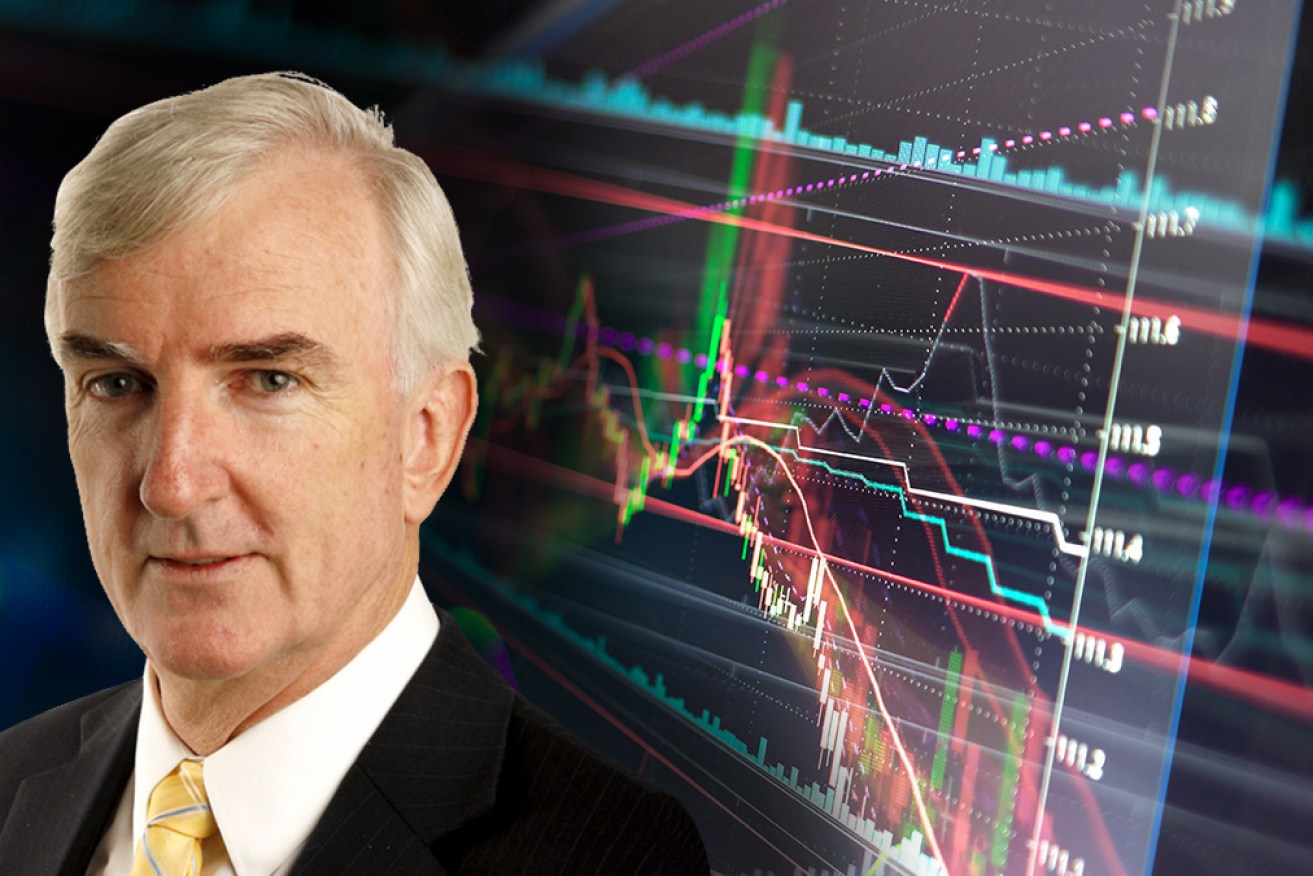The RBA’s ‘gentle turning point’ was down


Business is loath to invest in the sluggish economy. Photo: TND
It turns out Reserve Bank Governor Philip Lowe was correct to perceive a “gentle turning point” in the economy.
It’s just too bad that the turning was down, not up.
Thursday’s private capital investment figures were worse than the commentariat – and certainly the RBA – expected.
The Australian Bureau of Statistics’ measure of business investment fell 2.8 per cent in the December quarter when most forecasters were expecting a small rise.
For the December year, capital expenditure (capex) dropped 5.8 per cent after the September quarter’s soft performance was revised further downwards.
It’s more than a little embarrassing for the RBA that it began the month by downgrading its economic growth expectations for 2019 and it already looks like those downgrades didn’t go far enough.
Next week’s national accounts are being tipped to show December quarter growth of 0.3 per cent.
It would mean economic growth has slowed each quarter since Dr Lowe started talking about his perceived “gentle turning point”.
To state the obvious before going any further, this weak growth is before the economic impact of the bushfires and coronavirus hits.
That will land in the March and June quarters.
Canberra makes excuses
The RBA should be embarrassed, but the federal government is proving to be beyond embarrassment.
The RBA was at least doing what it could do last year – cutting interest rates and begging the Morrison/Frydenberg government for help – while the government ignored the pleas and pursued a surplus above all, trying to take money out of the economy.
Thus we have a weak economy going into the challenge that lies ahead.
The government has been busy making excuses for why it is likely to fail to deliver the budget surplus it claimed to have already achieved, instead of doing what is necessary to stop unemployment rising to a recession-threatening level.
The current Treasurer, Josh Frydenberg, has shown no sign of the vision or the ticker required in a crisis.
The key advice from the then Treasury secretary as the GFC exploded was for the government to go early, go big and go households.
The subsequent stimulus and dramatic RBA rate cuts saved Australia from the recession nearly all of the developed world suffered.
Now, thanks to no fiscal help, the RBA has little room left for rate cuts.
As the governor has suggested, we could already be at the point where another cut would do more harm than good.
Which means if the coronavirus health crisis turns into an economic crisis, we would have to rely on the government not waiting to see the horses disappearing into the distance before thinking about the gate.
There was some good news in the forward-looking aspect of Thursday’s capex figures, but not enough to provide hope of Dr Lowe’s turning point turning again.
Little to cheer
The good bit was that our chief financial officers’ first guess of how much they will be willing to invest in the 2020-21 financial year – $100.2 billion – was 8.8 per cent or $8.1 billion more than they were guessing this time last year for 2019-20.
But nearly all the meat in that sandwich came from one sector, mining, with an expected 28 per cent leap in investment to $38.5 billion after years of retreat from the resources boom highs.
That 28 per cent means $8.4 billion and is concentrated in the usual big-ticket resources items.
It is nice and most welcome, but it’s not anywhere near the scale of the boom years and the butter won’t be spread very far.
By comparison, investment in the biggest of the ABS categories, “other selected industries”, is expected to shrink by 1.6 per cent to $53.8 billion. That matters to many more people.
What’s worse, it continues the trend evident throughout 2019.
No matter how low interest rates are, no matter how hard the RBA begs, business in general is not borrowing to invest and grow and improve productivity.
The ABS figures show actual capex in the “other selected industries” category steadily fell all year.
In the real world, as opposed to whatever ideology or modelling possesses Treasury, business is loath to invest while it can only see weak consumption ahead.
The RBA can cut interest rates to zero, but while workers have no real after-tax wages growth, faith in the government declines, and the chance of possible pandemic increases, consumption isn’t going to strengthen.
Given present policy settings, the best we can hope for is that the downwards turn remains gentle.








